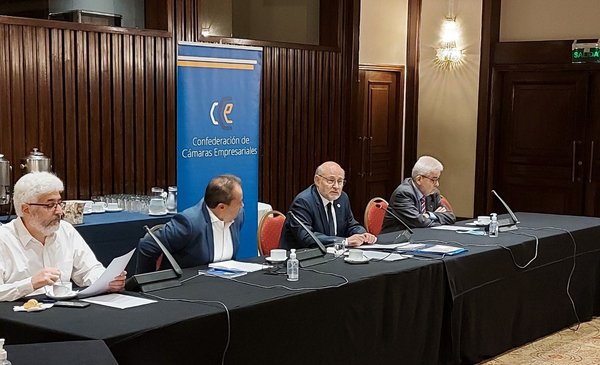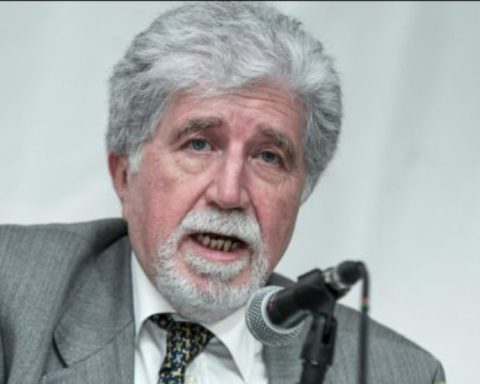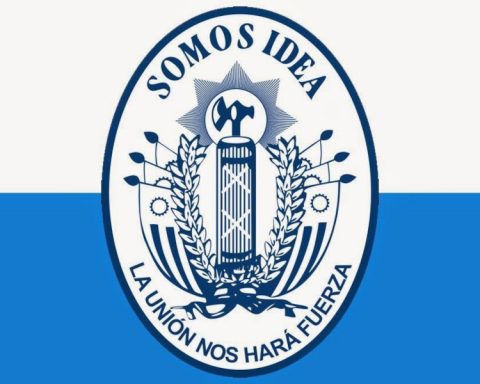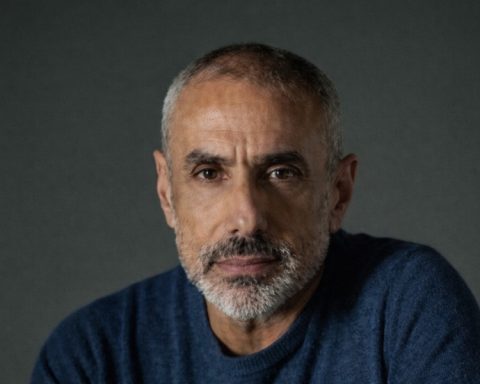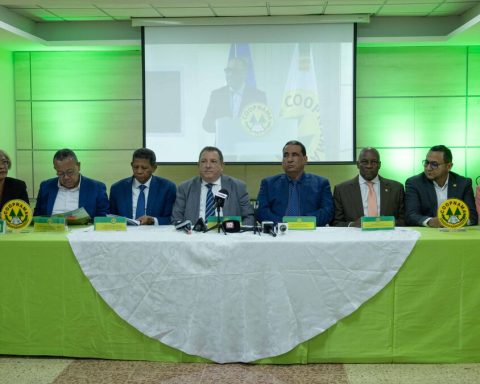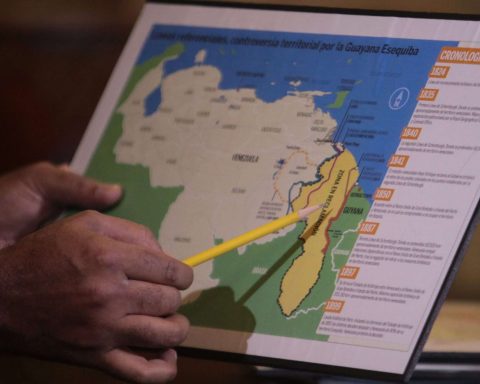The Confederation of Business Chambers (CCE) met this Monday to address the international situation today marked by the war between Russia and Ukraine and its effect on the business sector, as well as the degree of progress of different structural reforms in the country.
In the union it is considered that the government “has not taken measures” in that direction and that the country “is detained” waiting for what happens with the result of the referendum that promotes the repeal of 135 articles of the Urgent Consideration law ( LUC), said the president of the CCE Juan Martínez Escrich after the meeting.
“One point that we discussed is that the government, beyond what happens on March 27, has to put the accelerator to the fullest and continue generating instances of reforms, proposals and actions. The country cannot be stopped.” said the businessman who was the spokesman for the meeting.
As an example, he mentioned that there are issues such as educational reform that is still pending, as well as the social Security Reform, which was “stuck”. He also listed the reform of the fuel market. The CCE had proposed to eliminate the sales monopoly and liberalize imports. In addition, Martínez Escrich mentioned the realization of free trade agreements and the lowering of tariffs for exports, planes of infrastructure in public works, and issues related to the reform of the State.
“These are issues that we have to attack and not be paralyzed. Therefore, we expect quick action from the government. The 27th (of March) is coming, but the country cannot stop. There are things that have been slowing down in anticipation of what happens. The country has to move forward and cannot afford to spend months waiting”, insisted Martínez Escrich at the end of the meeting.
Confederation of Business Chambers
The CCE presented in 2019 a document with several proposals to be implemented by the government -which it now plans to update-, and that from their point of view they contribute to improve the business environment, and increase investment, productivity and employment. On that list there are issues of macroeconomic policy, the functioning of the State, public companies, tax policy, labor relations, education, infrastructure and international insertion, among others.
“Ironed dollar”
The businessman also referred to the price of the dollar, which he said “is ironed” and “affects the entire economy.” “It is relevant to adjust it,” said the former president of the Chamber of Tourism. He added that the authorities of the economic team have “the great challenge” in the coming months of “making the exchange rate grow” to gain competitiveness at the regional level, “without increasing inflation so that it does not hit the pockets.”
Martínez Escrich said that there are sectors of the economy that are having favorable results with the growth of their exports, despite the global uncertainty generated by the war. In the list he mentioned information technologies, and sectors linked to agriculture and the refrigeration industry that today benefit from “high prices.”
At the other extreme, he placed activities such as supermarkets and other branches of commerce, mainly on the coast, that are beginning to be affected again by the exchange rate difference with Argentina and the reopening of borders.
Here a point of concern is the informality and the entry of contraband products due to the lowering of prices in neighboring countries. Finally, the head of the CCE ruled out that the result of the referendum could affect the country’s investment climate.
Who make up the CCE
The CCE brings together 27 important chambers in the country (among them the Chamber of Industries, the Rural Association of Uruguay, the Association of Banks, the Chamber of Construction), except for the Chamber of Commerce. The entity analyzes and makes proposals to improve the common issues of the different sectors of the national economy, with a medium and term vision, in relation to the government and other entities and unions.
